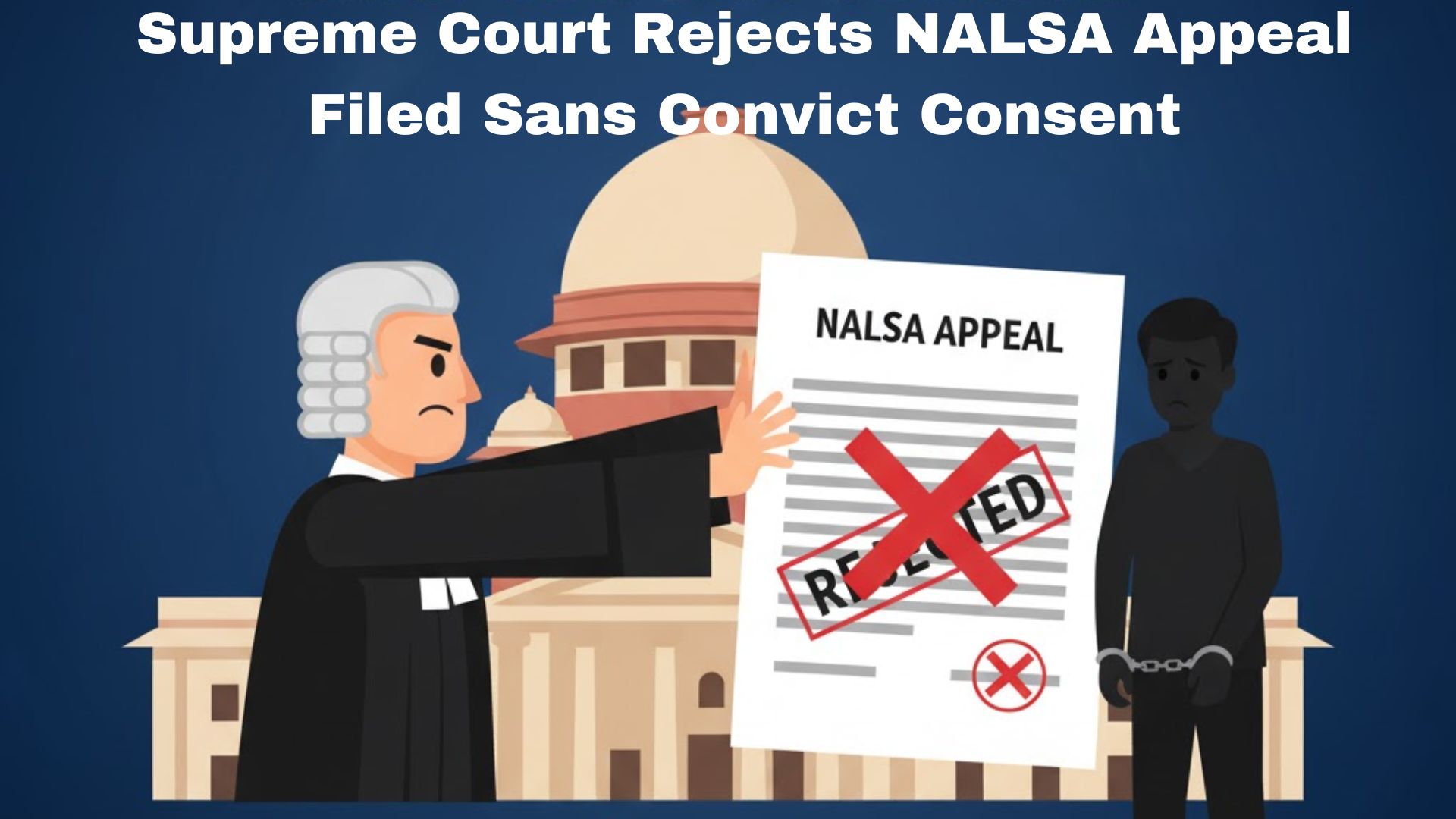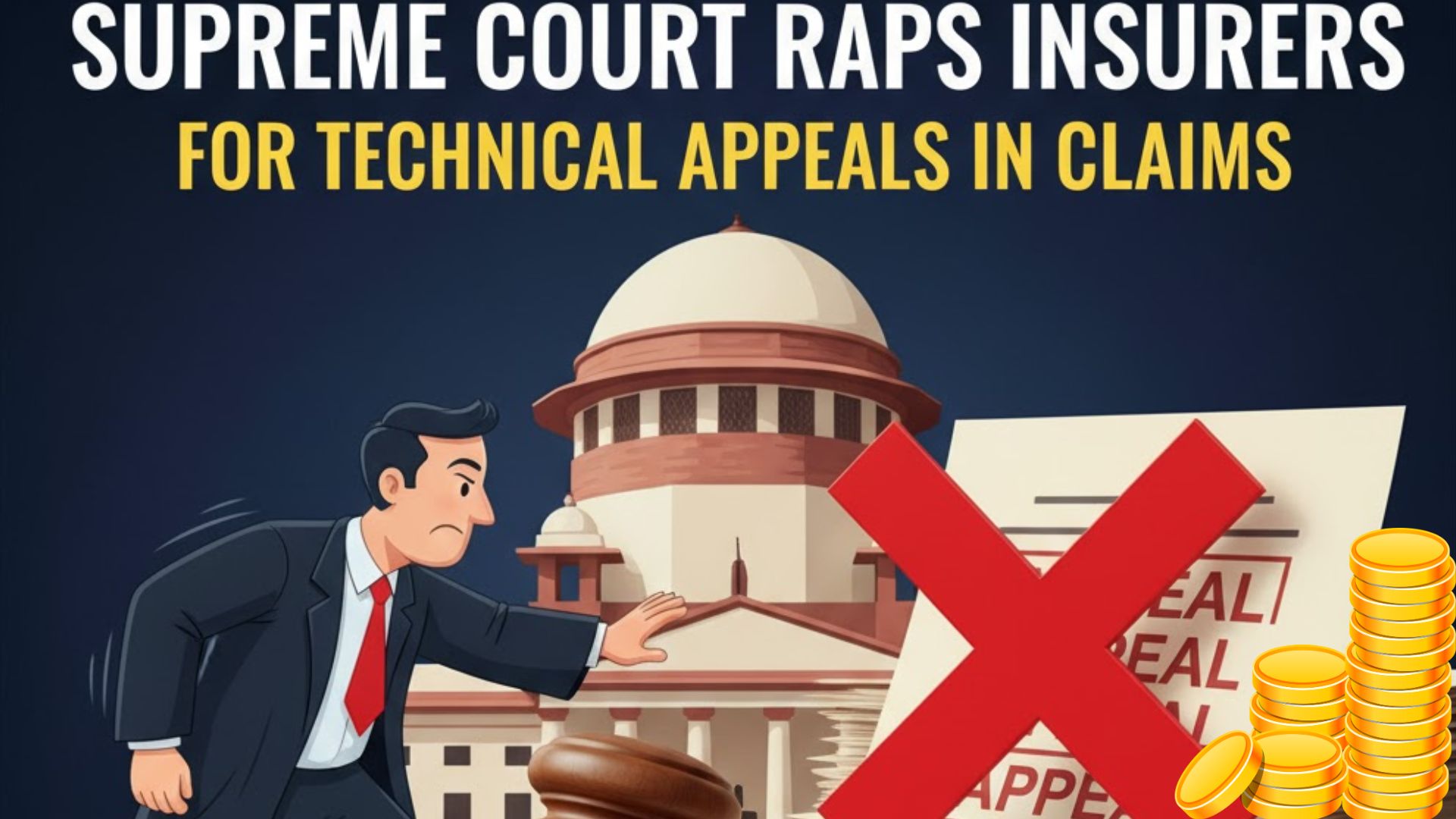Charanjit Talwar, J.
(1) This is another petition in which a successive order of detention has been challenged. The petitioner Pradeep Nath Mathur was detained on
26th May, 1988 u/s 3(1) of the Conservation of Foreign Exchange and Prevention of Smuggling Activities Act, 1974 (for short the Cofeposa Act)
under a detention order dated the 24th May, 1988 passed by Shri K. L. Verma. Joint Secretary to the Government of India, a specially
empowered officer. The case of the detenu was referred to the Advisory Board on 27th June, 1988. The reference was within the limitation of
five weeks"" prescribed u/s 8 of the Cofeposa Act. The Board, however, did not express any opinion within the prescribed period. The
Government of India on 25th August, 1988, in exercise of powers conferred on them by Section 11(1) of the Cofeposa Act revoked the order of
detention. The reason stated in that order (Annexure ''G'' to the writ petition) for revocation is as follows :
2.Whereas the case was referred to the Advisory Board on 27-6-88, but the Advisory Board has not submitted its report in accordance with the
provisions of Section 8(c) of the Conservation of Foreign. Exchange and Prevention of Smuggling Activities Act, 1974.
(2) Thereafter on 26th August, 1988, the impugned detention order was passed u/s 3(1) of the Prevention of Illicit Traffic in Narcotic Drugs and
Psychotropic Substances Ordinance, 1988 (hereinafter referred to as the Ordinance). It was passed by Shri K. L. Verma, the special empowered
officer. with a view to preventing the detenu herein from engaging in the purchase, transportation and export from India, of narcotic drugs. The
order of. revocation as well as the impugned detention order were served on the detenu on 27th August, 1988 while he was in judicial
custody/detention. We may note here that the petitioner was arrested on 8th April, 1988 and remanded to judicial custody on the allegation that he
had committed various offences under the Narcotic Drugs and Psychotropic Substances Act, 1985. On 30th September, 1988, the Government
of India issued a declaration u/s 10(1) of the Prevention of Illicit Traffic in Narcotic Drugs and Psychotropic Substances Act, 1988 (for short the
Pitndps Act) thereby extending the time to obtain the report of the Advisory Board. On receipt of the said report, an order dated the 18th
November, 1988 confirming the detention of the petitioner w.e.f. 26th May, 1988 for a period of two years was issued. The confirmation is thus
not of the detention w.e.f. the passing of the impugned order of detention but from the date the detenu was detained pursuant to the earlier order of
detention, which has since been revoked.
(3) Mr. Ashok Arora, learned counsel for the petitioner submits that the detention of the petitioner herein w.e.f. 26th May, 1988 became
unconstitutional in the absence of the report of the Advisory Board. As has been noticed above, the advisory Board did not give its report within
the stipulated period resulting into the revocation of the earlier order of detention on 25th August, 1988. That order was served on the detenu on
27th August, 1988. Mr. Arora is right when he says that by then three months period of detention had been over and no report of the Advisory
Board was obtained during that period. His reliance is on Abdul Latif Abdul Wahab Sheikh Vs. B.K. Jha and another, . He has also cited two
judgments of this Court, in which Abdul Latif''s case (supra) has been followed. Those cases are Gurbax Bhiryani v. Union of India & Ors. (Cri.
Writ Petition No. 491/88) decided on February 7, 1989(2) and Surinder Mehta & Anr. v. Shri K. L. Verma & Ors. (Cri. Writ Petition Nos. 567
and 561 of 1988) decided on February 23, .989(3).
(4) The law laid by the Supreme Court in Abdul Latif''s case is that though the making of successive orders of detention is permissible, yet a
successive order cannot be made in a manner as to render the protection of Article 22(4) of the Constitution ineffective. While elaborating the
proposition, their Lordships in paragraph 3 of the reported judgment gave the following example :
EXAMPLE: Can a fresh order of detention be made every 89th day making it unnecessary to obtain the report of the Advisory Board within
three months of the detention ? That is what it will amount to if the submission of the learned counsel for the State is accepted.
(5) The Supreme Court held that a provision in a preventive detention law entitling the Government to pass a successive order, has to be read
down so that it does not collide with Article 22(4) of the Constitution. The detention, Therefore, in the present case after 26th August, 1988
becomes unconstitutional.
(6) The plea by the Government counsel is that the declaration having Seen passed in the present case on 30th September, 1988, the limitation
stands extended for the Advisory Board to give its report within ""five months and three weeks"" instead of ""eleven weeks"" from the initial detention,
i.e., 26th May, 1988. This very submission was noticed in Surinder Mehta''s case (supra). Negativing that contention we had held that the
argument loses sight of the fact that the declaration could only have been passed within five weeks of the detention. There is no merit in this
submission also.
(7) Following the law laid by the Supreme Court in Abdul Latif''s case (supra) and the ratio of the two cases cited above, we allow the writ
petition and set aside the continued detention of of the petitioner under the impugned detention order. The Rule is made absolute. We direct that
the petitioner be set at liberty forthwith unless required to be detained under any other valid order passed by a Court or any other competent
authority.

